|
Today is World Aids Day, an annual event dedicated to raising awareness about the pandemic. There have been many victories in the decades-long fight against the disease, but the battle is far from won. Amy Slogrove, Kathleen M Powis and Mary-Ann Davies explain the challenges faced by HIV-negative babies born to women living with the virus. Linda-Gail Bekker looks at some of the factors that keep
people from getting tested for HIV, while Joel Msafiri Francis discusses the rise of self-testing kits. And Caroline T Tiemessen unpacks the difficulties in determining the status of an HIV-negative child who received a partial liver transplant from an HIV-positive donor.
Writing about memory and history can help to reveal the complexities of the politics of the past in the present. But, as Pumla Gobodo-Madikizela writes on the 20th anniversary of the completion of South Africa’s Truth and Reconciliation Commission final report, dealing with the past will always remain 'unfinished business'. Rachel Ama Asaa Engmann, meanwhile, is researching Denmark’s African
slave trade. She believes that by prioritising the narratives of the direct descendants and the histories they reconstruct, light is shed on little-known episodes in the history and legacies of the transatlantic slave trade.
|
Top stories
|
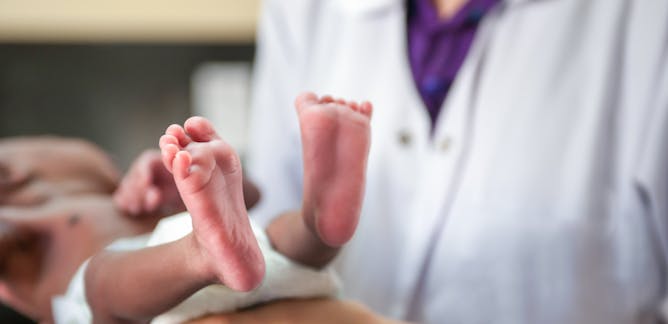
Amy Slogrove, Stellenbosch University; Kathleen M. Powis, Harvard Medical School ; Mary-Ann Davies, University of Cape Town
HIV negative children born to women with HIV have a greater risk of dying before their first birthday.
| |
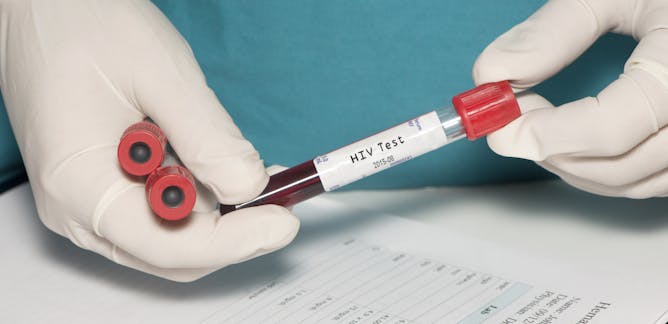
Caroline T. Tiemessen, National Institute for Communicable Diseases
A liver transplant from an HIV-positive living donor to an HIV-negative recipient is possible, but there are still gaps in our knowledge.
|
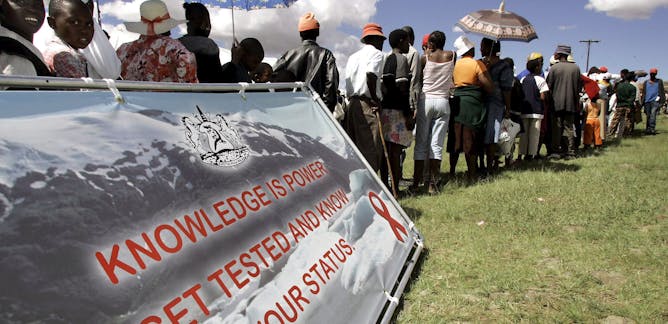
Joel Msafiri Francis, University of the Witwatersrand
Access to HIV testing is an important factor in reaching UN goals that 90% of people with HIV must know their status by 2020.
| |
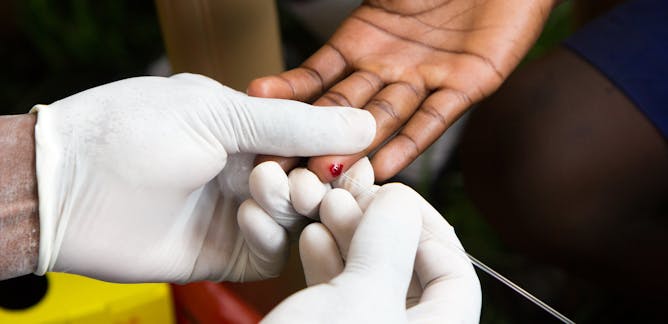
Linda-Gail Bekker, University of Cape Town
Knowing your HIV status is key to accessing life-saving treatment or evaluating the best prevention options.
|
|
|
Arts + Culture
|
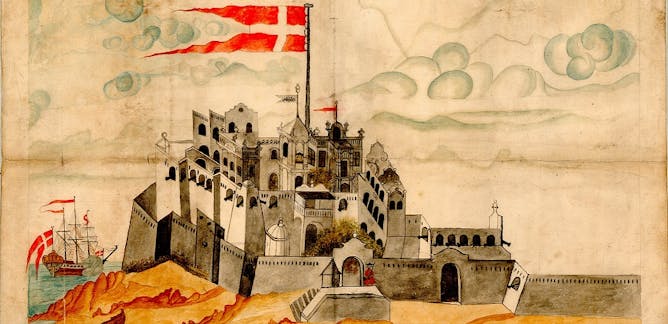
Rachel Ama Asaa Engmann, Hampshire College
Archaeological research at Christiansborg Castle in Ghana has provided an in-depth understanding of Danish, Ga and Danish-Ga lived experiences during the eighteenth century transatlantic slave trade.
| |
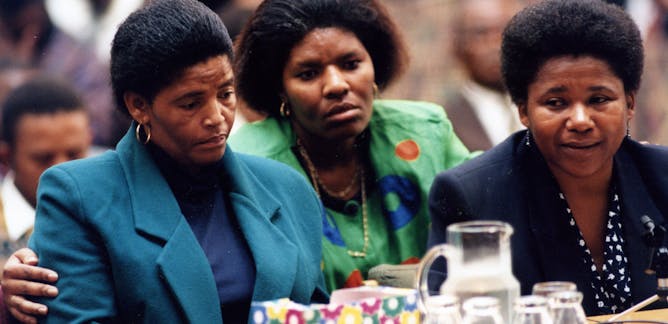
Pumla Gobodo-Madikizela, Stellenbosch University
Twenty years after the final report of South Africa's Truth Commission, dealing with the past will always remain "unfinished business".
|
|
|